Style
WHAT IS REIKI?
Reiki is a practice which originates from the land of the rising sun. It aims to improve the mental and physical state of the person benefiting from it. Like the majority of complementary medicine methods, Reiki is at the centre of discussion and is either totally validated and defended by its followers or, on the contrary, totally criticised and even called a cult by its sceptics. At Mysingingbowl we do not claim to be Reiki professionals and we are not looking to sell courses or books as is often the case on many sites advocating its merits and benefits. In this article, I’m simply going to detail what Reiki is and reveal my own feelings following a Reiki session that I had the chance to partake in. Before all that lets talk a little bit about the origin and the creation of Reiki as we know it today.
The Definition and Origin of Reiki
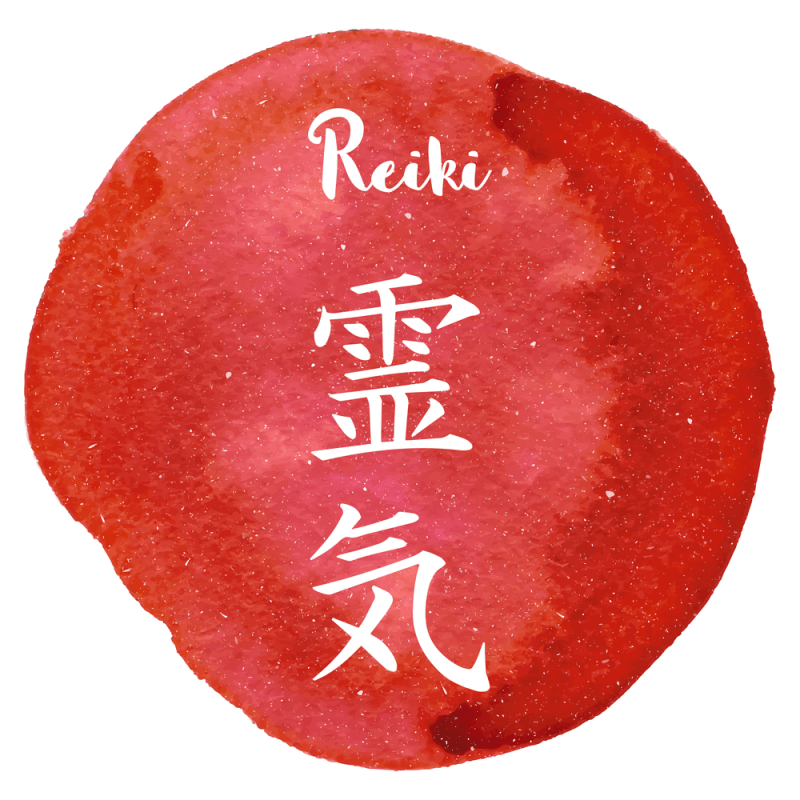
As explained, Reiki is a practice that comes directly from Japan. The name itself is a combination of 2 kanji words meaning: “Universal” (Rei) and “Energy” (Ki). To put it simply (just to give you a heads-up, we are going to “put it simply” a number of times in this article) it is all about this universal energy, which is all around us but also inside every living being. Reiki is simply the act of transferring this energy through a person (the practitioner). They serve as an intermediary between universal energy and the patient. It’s a sort of channel which makes it possible to capture universal energy and then transfer it via a very specific process.
The origins of Reiki are often disputed and it is rare to find the same explanation based on available sources. Some claim that Reiki was already being used during Antiquity (under another name of course), but the most common explanation as to its origin is as follows:
Mikao Usui, born in 1865 in Gifu (Japan) studied medicine and psychology. He led a full life in which he worked in several professions (businessman, journalist, a white-collar worker but also, thanks to his martial arts training, as the Mayor of Tokyo’s bodyguard). In 1914, aged 49, his life took a drastic turn and he turned towards religion by becoming a Buddhist monk. 8 years later, during a religious retreat on Mount Kurama in Kyoto, he was suddenly granted a vision in which all Reiki teachings were revealed to him. Following this religious experience he founded the first Reiki healing centre and shared his knowledge with his followers until his death in 1926.
Running a Reiki session
Let’s be clear, there are as many different kinds of Reiki as there are practitioners. Reiki is not a fixed discipline bound by strict codes even if it is supervised by increasingly serious organisations. It evolves and is as complex as the energy it uses. Then of course, some forms of Reiki come back a little more often and are more popular than others: this is the case with Reiki Usui.
Reiki sessions are often associated with classic massage sessions but it would be much too simplistic to describe Reiki as such. Reiki is often used on people with health problems. Ranging from simple angina to depression, and sometimes even to more severe and difficult illnesses. It is therefore appropriate at the beginning of a session to confide in your therapist. They have to be aware of your condition so that they can treat you in the most appropriate way.
Also banish the idea from your mind that you have to undress during your session. Reiki is performed completely clothed and can even sometimes be practised remotely, online! No this isn’t a joke, some practitioners do actually offer remote sessions.
As for how the session works, it’s very simple; the specialist places their hands above or on specific zones from the head to the feet (there are 20 spots in total) for 2 to 4 minutes. During this period of time, the practitioner will act as an intermediary between the universal energy and the patient’s body. Under no circumstances is the specialist’s personal energy involved in the energy transfer. When the practitioner feels the energy vary and soften, they will move on to treat another area. Generally a Reiki session lasts between 30 and 90 minutes.
The benefits of Reiki
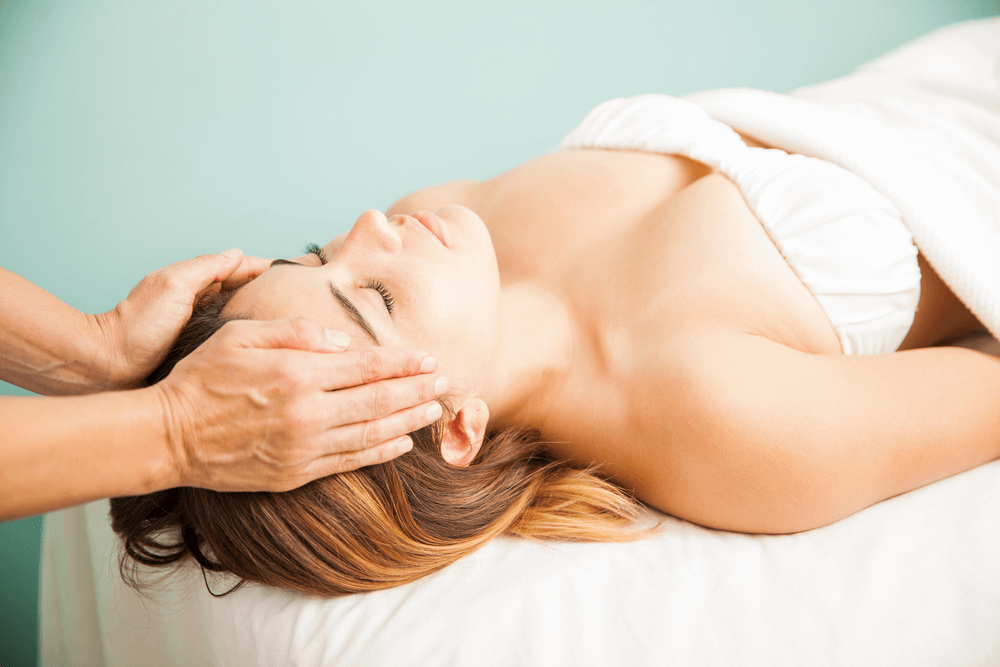
Reiki acts directly on your life force. This life force is sometimes called “KI” or “PRANA” according to religions and its origins, and is common for all living things. When a person has any health problems, it results in a disrupted vital energy that circulates in a disorderly way in our body. Reiki aims to restore this vital energy.
Reiki promotes relaxation but also helps the body’s natural healing process. It is also important to mention that Reiki can have an extremely positive impact on the mind but also on the spirit of those who benefit from it.
Reiki is used to treat any type of illness. The testimonies of people who sing Reiki’s praises in curing diseases that they had lost hope in treating are rife on the internet. As a result it is sometimes complicated to figure out what is true or not.
A 2015 study demonstrated the benefits of Reiki remotely on people battling cancer. A decrease in pain, anxiety but also fatigue were reported in patients. So certainly, a miraculous cure hasn’t been demonstrated but the results are still there!
In any case, even if the medical results are still up for discussion, there is no longer any doubt that Reiki has mental and psychological benefits for the patient. We also know that the mind and physical health are generally linked. So for us, Reiki is an interesting complementary medicine which still has a bright future ahead of it.
My personal experience
I was curious about this practice so I headed down to a centre which offered this kind of service to get further information and mostly (I swear) to pad out this article. Granted, I had no particular health problems and I went there with a goal to just discover and relax.
So I met with my practitioner and I explained my process to her. She was extremely kind and knew exactly how to put me at ease and explained to me she was ready to start the session. I lay down, she covered my eyes with a cloth and I felt that she put her hands on my head. She didn’t massage me but just gently placed her hands on my head for a few minutes. The feeling was quite pleasant and I went along with it. I thought of nothing in particular and I tried to let myself be taken by the experience as much as I could.
A few moments later, she placed her hands on my chest then a few minutes later, on my thighs. The session lasted 60 minutes altogether. 60 minutes of relaxation where I thought of absolutely nothing. I wanted to allow myself to be totally transported by my practitioner and by the Reiki she was using on me.
During the session I didn’t feel any particular effect, she explained to me that this is normal and that Reiki, in order to be fully effective, takes place over several sessions. However I must admit that I did not come out of this experience completely unchanged. In actual fact when I left the session I felt a little disoriented, as if I were floating above the ground. The sensation was similar to that felt after intensive use of a Tibetan singing bowl during a meditation session. I asked myself on my way home: “Is Reiki really effective or is it just the fact that I totally let myself go for an hour that has caused this effect?” I personally think that Reiki could have been more effective if I had had some sort of health problem which could have justified the session. I am also convinced that Reiki can have amazing effects on people who really need it. In any case one thing is for sure, I am ready to try it again.
Precautions to take
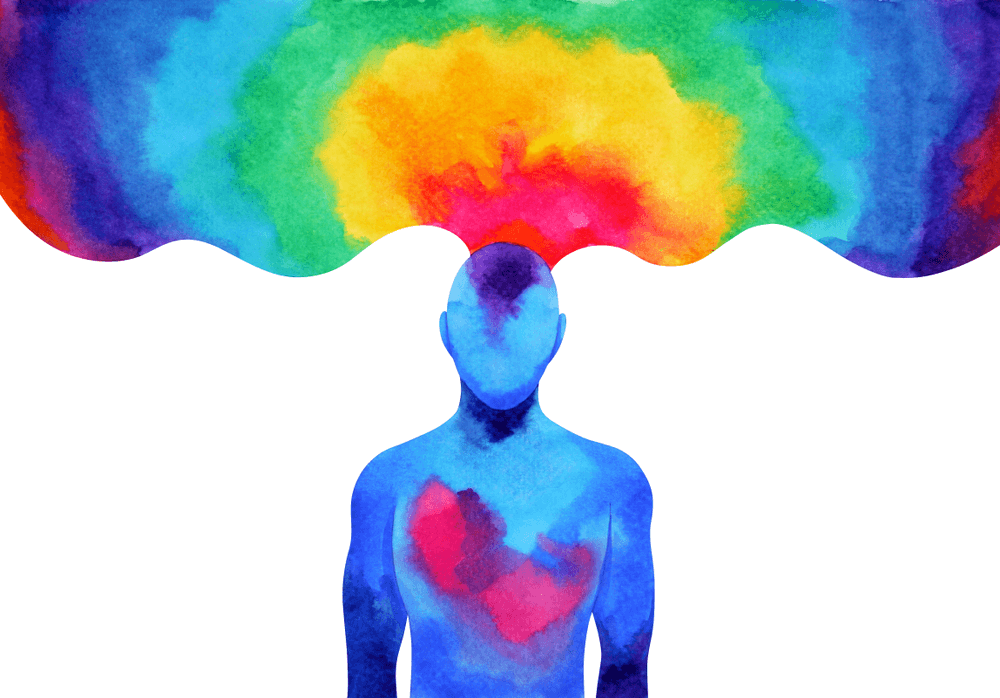
First of all, it must be noted that we cannot make Reiki our profession, in fact the profession isn’t regulated and anyone can consider themselves as practitioners as soon as you complete a suitable (paid) course. Beware of charlatans and other smooth talkers who will want to make money from this practice. The best way to find a specialist is still by word of mouth and feedback.
If you are sceptical of Reiki’s effectiveness don’t hesitate to discuss this with your practitioner. They will be happy to guide you and teach you about the discipline. In any case, Reiki is not dangerous for your body. In the best case scenario, you will leave your session calm and at ease from your ailments. Worst case scenario – you just leave feeling more relaxed. It’s worth at least trying, isn’t it?
Finally, it’s important to keep in mind that Reiki can be used as complementary medicine and not as an alternative medicine. Do not abandon your original treatment from your doctor to replace it with a few Reiki sessions.
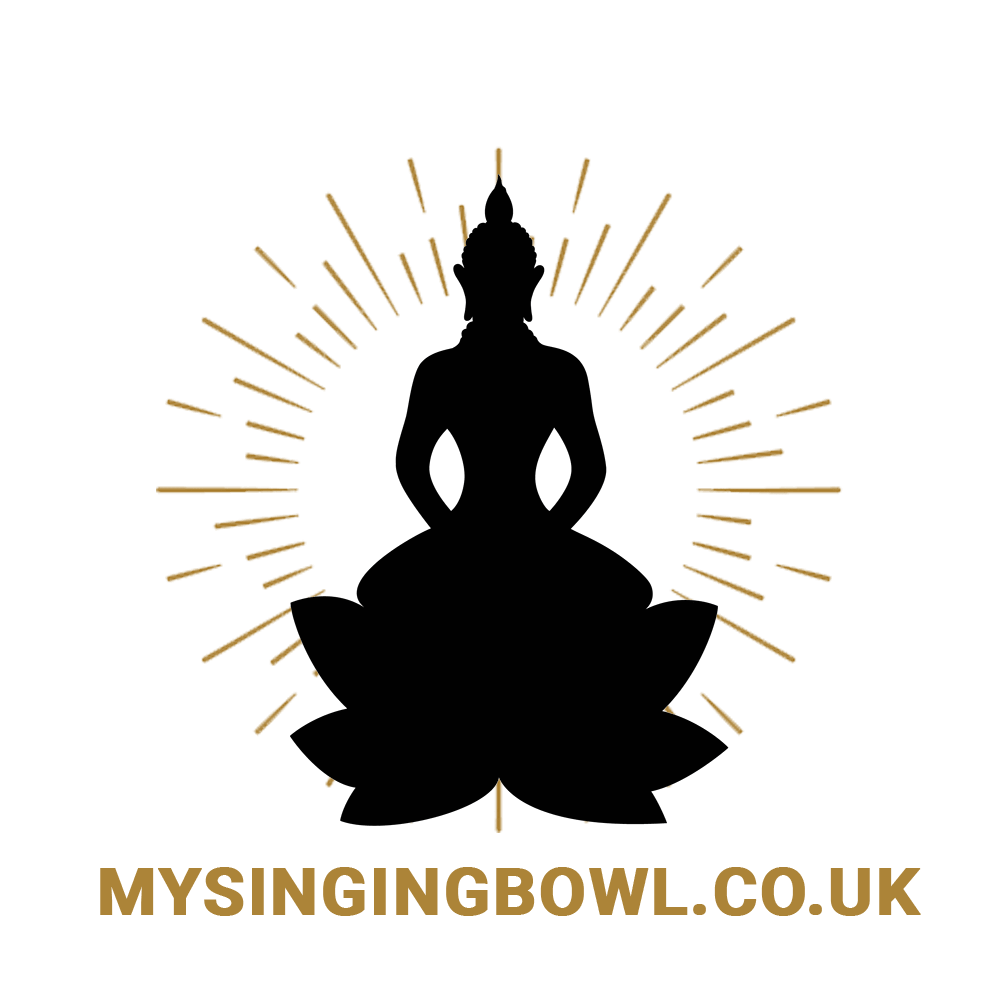
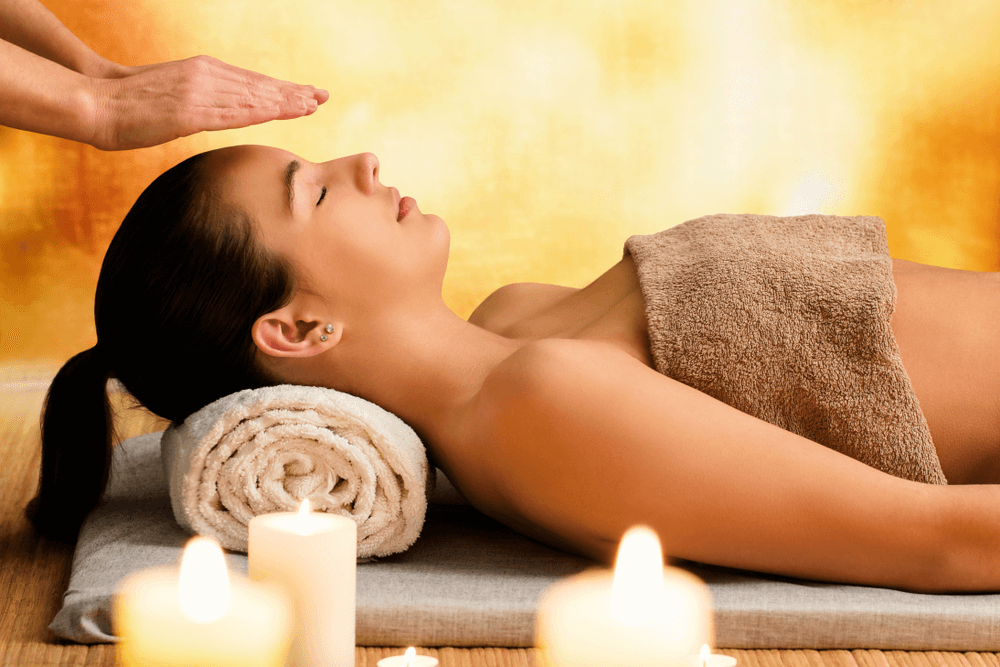
Nice description of Reiki